10 ECommerce Website Platforms You Should Try
Venturing into the eCommerce business? Ecommerce website platforms abound, each offering their own range of features. The hard part would be to choose which one is the most suitable for your brand.
And this is no small feat. Your website has to make your business stand out or risk becoming lost in a sea of competition. In 2020, eCommerce sales are expected to account for 15.5% of worldwide retail sales. This is proof that competition will be fiercer.
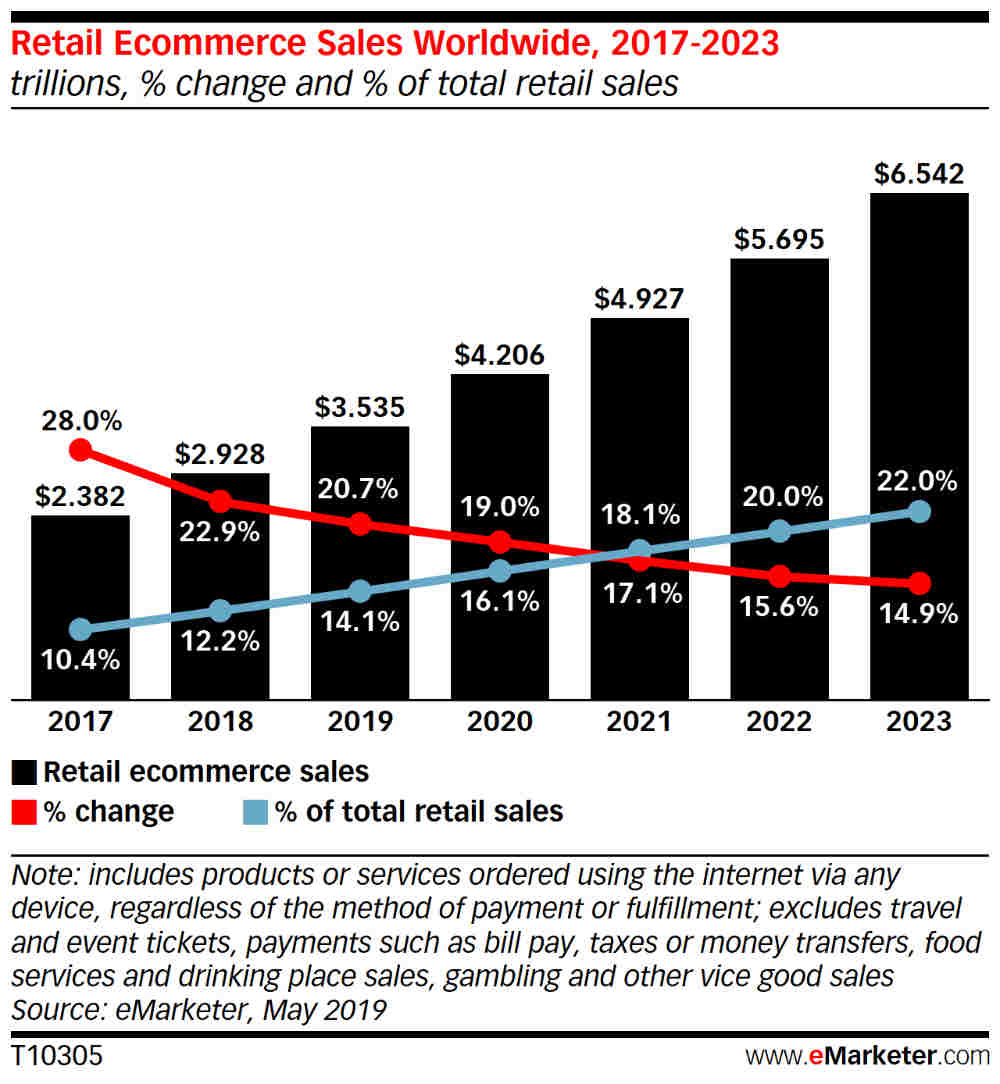
The website platform you choose should provide you with the features that will lead you to success. Here are our top 10 picks:
1. Shopify

With hundreds of thousands of users under its belt, Shopify is one of the most popular eCommerce website platforms in the world. And for good reasons, it’s not just an eCommerce platform. It’s also a hosting platform and website builder, all in one. It offers full customization on an easy to navigate and intuitive interface.

Setup is easy and offers hundreds of payment gateways as well as third-party integrations. It also has reporting tools that can help you manage and optimize your sales. It takes care of inventory, accounting, and even abandoned carts.
2. Wix

Much like Shopify, Wix is user-friendly, but with over 500 templates made specifically for online stores. If you want a website for your online store and a blog to highlight the merits of your products, this is the eCommerce platform for you. It has a store manager feature that allows you to add items, create coupons, upload videos, or add SEO elements.
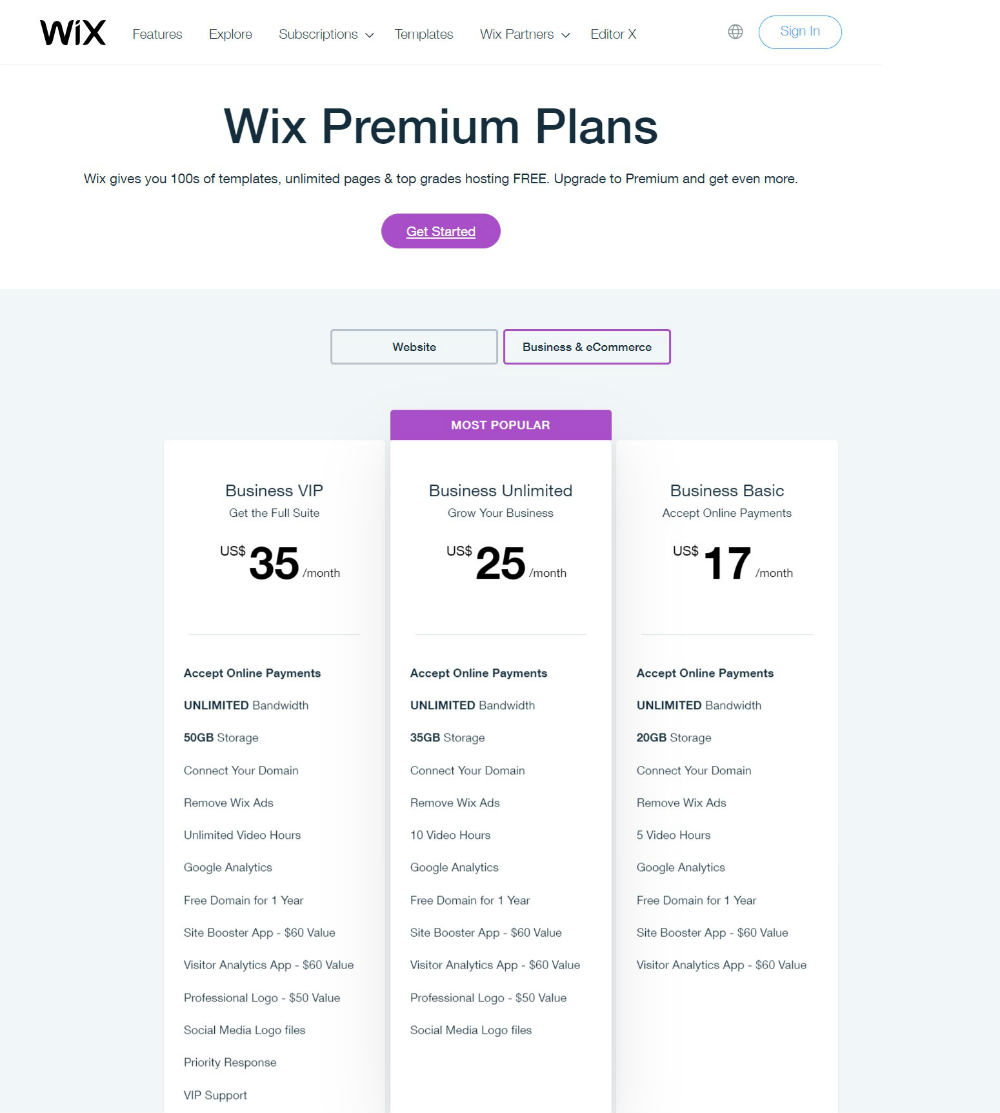
Set up is effortless with Wix’s ADI feature that creates the website for you, including creating custom texts. It has plugins to help you create the most beautiful and functional eCommerce website of your dreams.
3. BigCommerce

BigCommerce boasts of amazing store managing capabilities. It offers a wide range of tools such as returns handling, coupon creation, various shipping options, live quotes, and rate calculations, among others. It also allows you to consolidate and manage all your stores (Pinterest, Amazon, Facebook) within the BigCommerce platform.
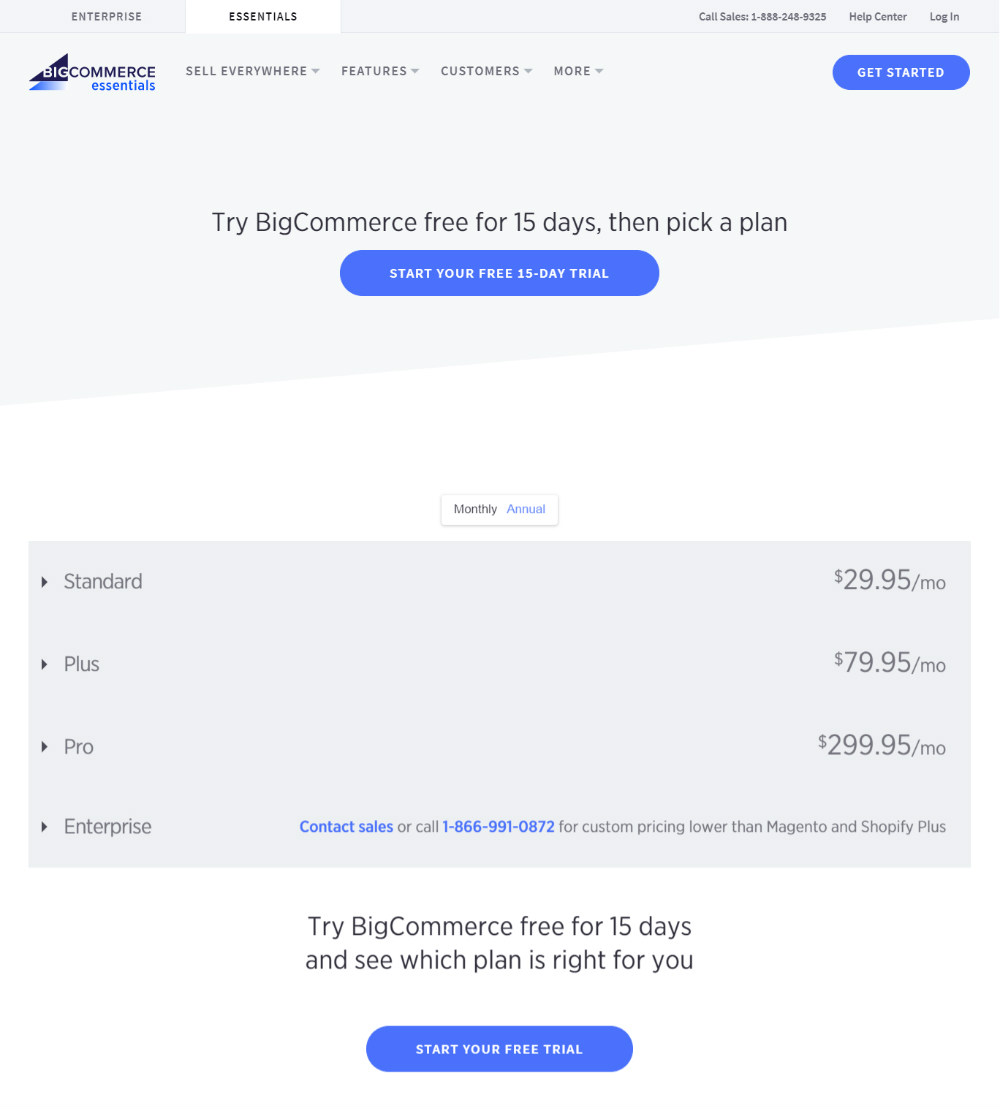
Lastly, it has an intuitive and easy-to-use interface that walks you through the store creation process. This eCommerce platform is ideal for those with multiple stores. The changes you make on the BigCommerce dashboards follow through to all your other online stores.
4. WooCommerce
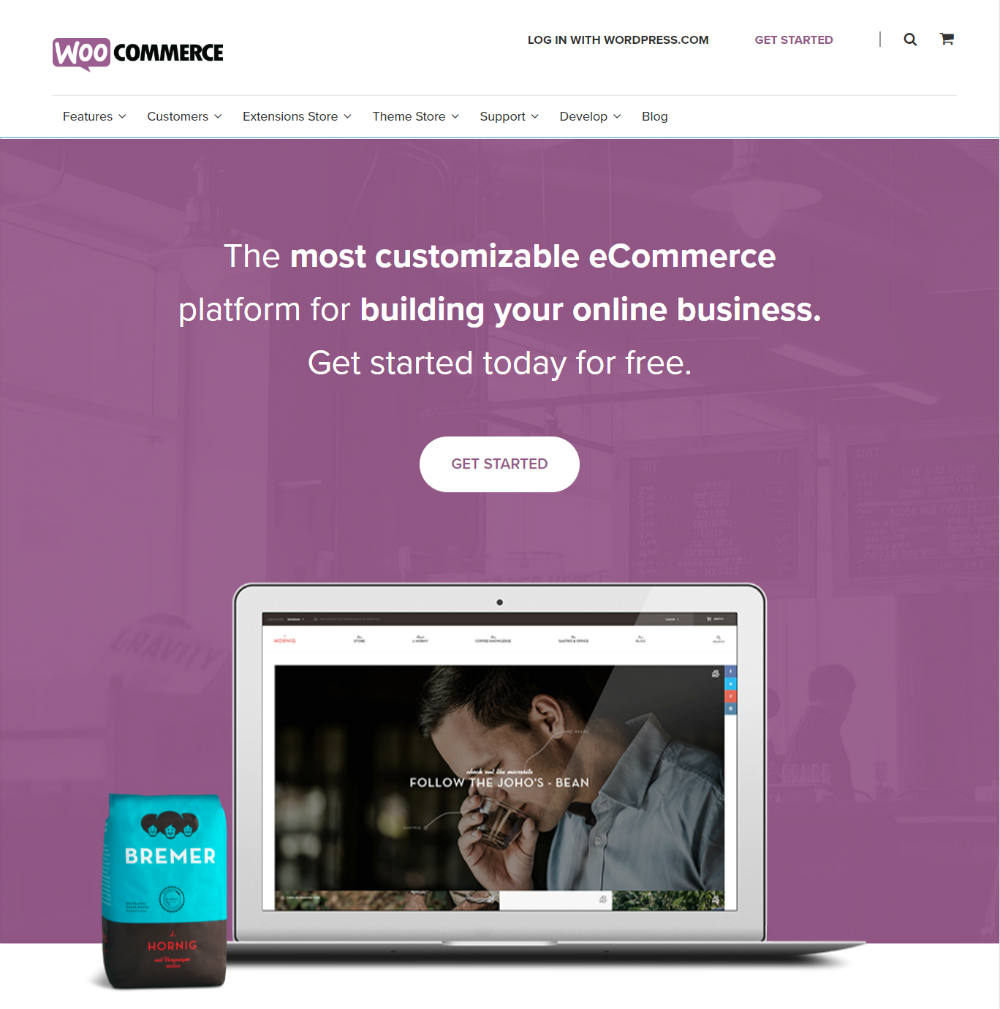
Running an eCommerce store and affiliates sites is easy with WooCommerce. With this eCommerce platform, you can turn your WordPress website into a fully-functional online store. It has integrated payment gateways, social media marketing, and many other useful features.
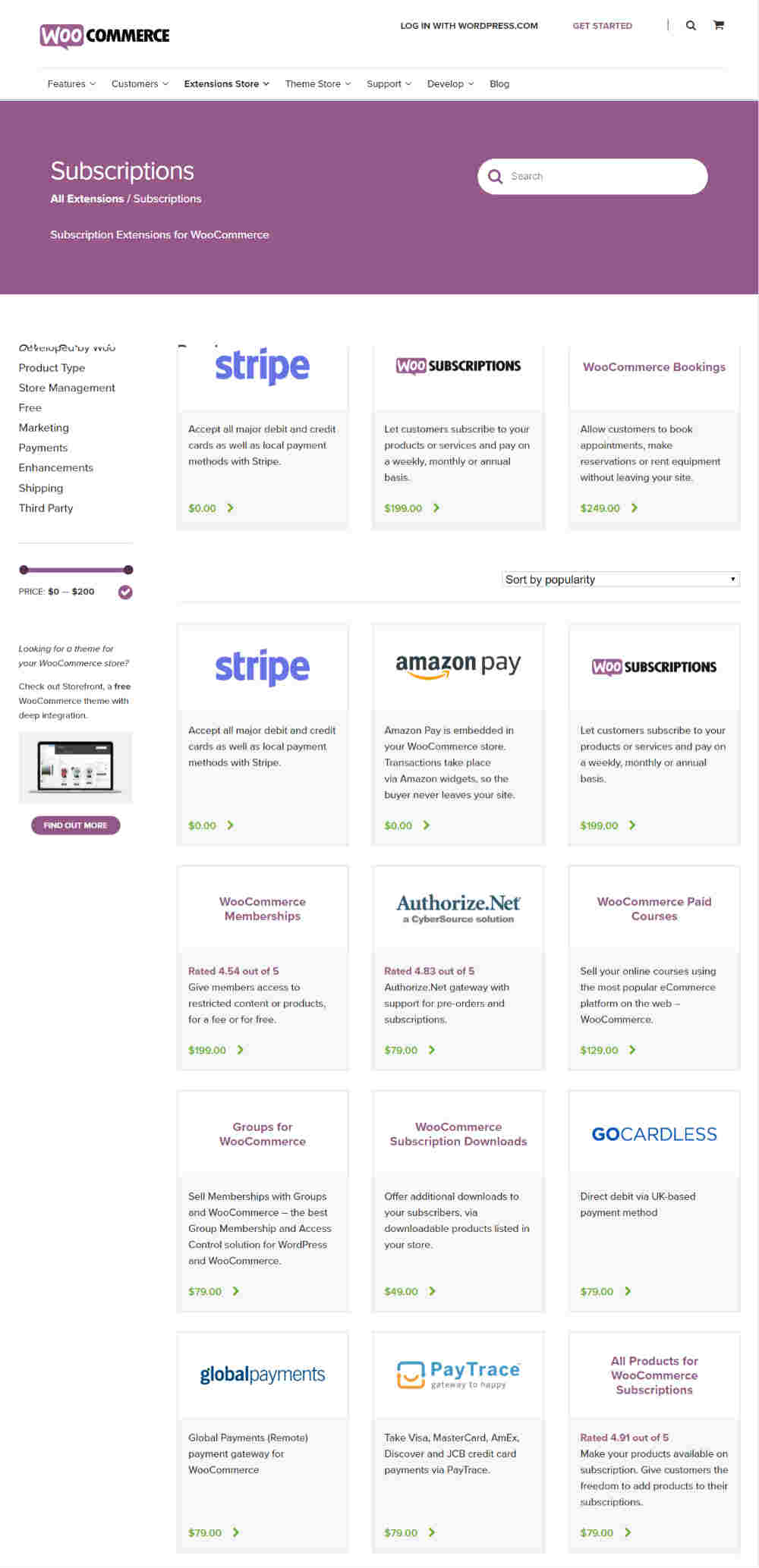
It provides free and paid options for enhancing your store, such as real-time shipping fees or customer subscription services. As WooCommerce is a WordPress plugin, there are also numerous other plugins you can use to create an eCommerce store most suited for your brand.
5. Squarespace

Another drag-and-drop website builder, Squarespace, offers beautiful templates and other amazing features to start your eCommerce business. It provides advanced product and inventory management that allows you to stock varying products. From digital downloads and services to physical items, this eCommerce platform can handle all of it.
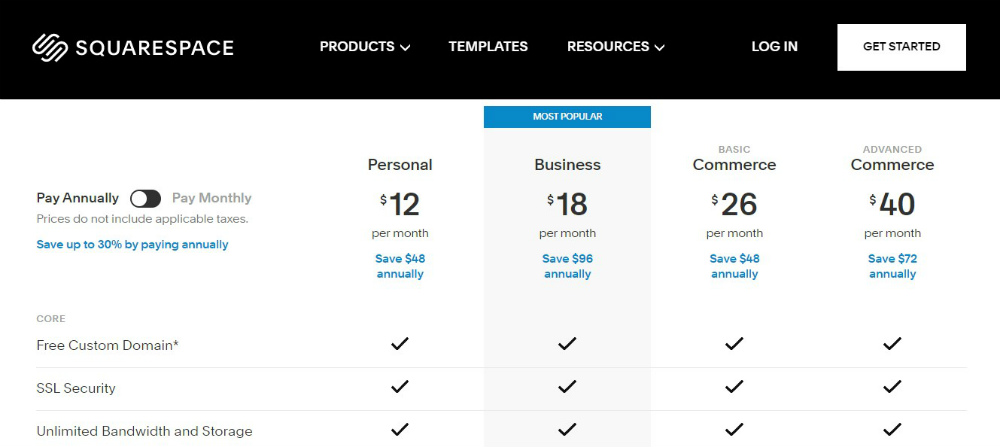
It has full-customization features at a price that’s affordable than most. If your products require high-quality imagery, this is the eCommerce platform for you.
6. 3dcart
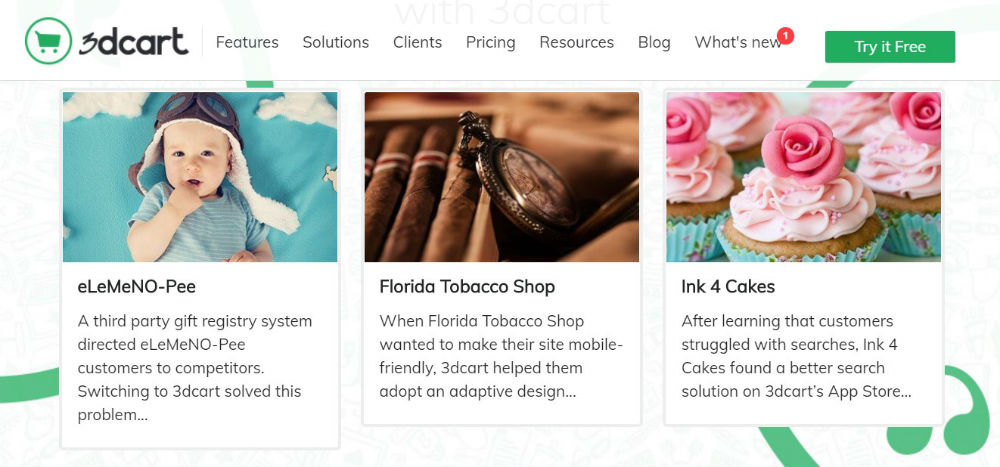
3dcart has a user-friendly interface and hundreds of themes that not only look good but have responsive design as well. Its uniqueness comes from its built-in marketing and management features. Third-party apps are already installed in your dashboard, adding to the platform’s ease and convenience factor.
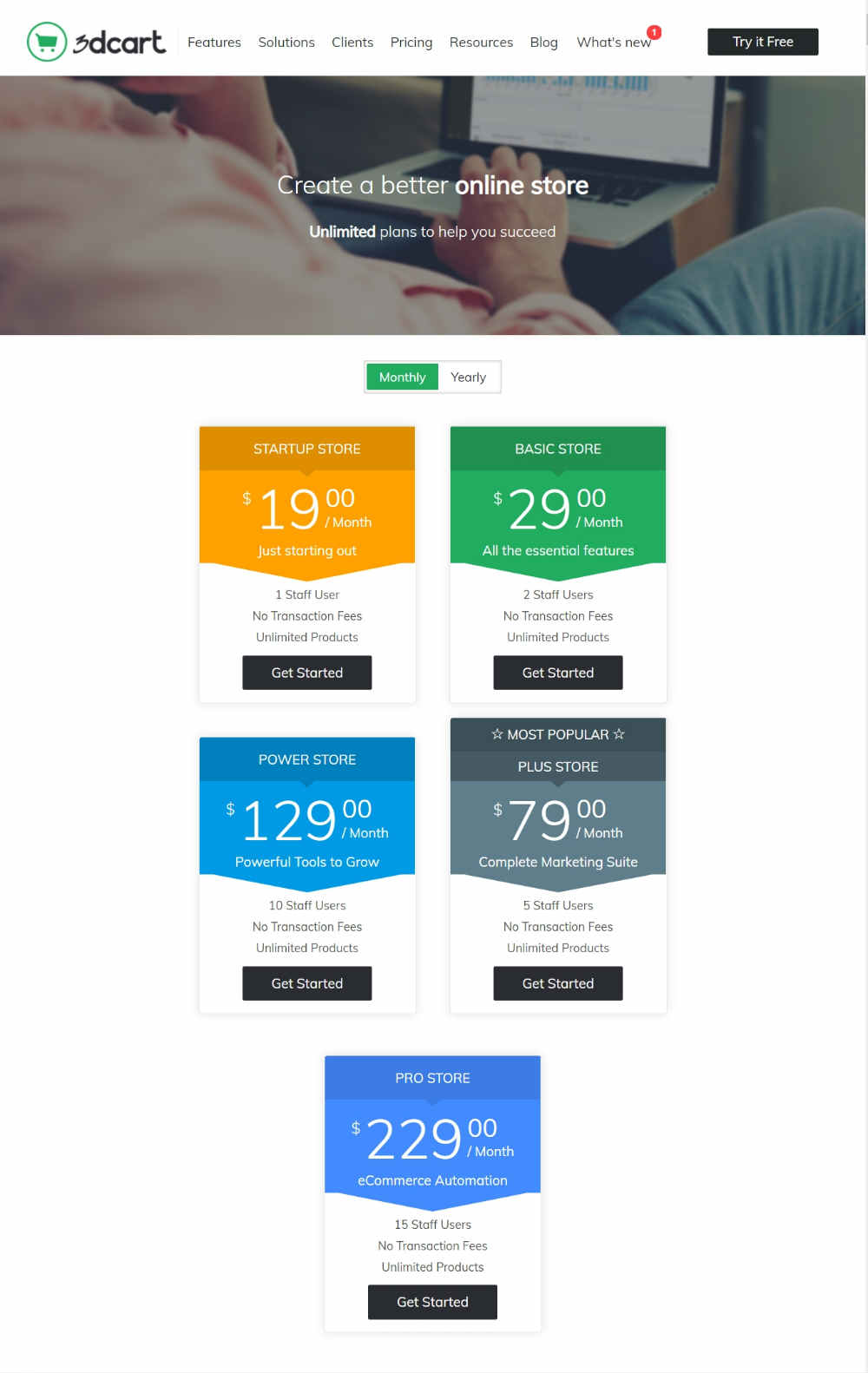
Another superb feature is 3dcart’s Marketing Checklist that helps you increase sales. It guides you to do tasks as simple as signing up to Instagram or as complex as cross-selling on Amazon.
7. Magento

A self-hosted solution, Magento is an open-source software, meaning it’s completely free. It gives you the power of total customization with a bit of technical knowledge. You may need a web designer for this. But if you want an eCommerce store that is unlike any other, Magento is the one for you.
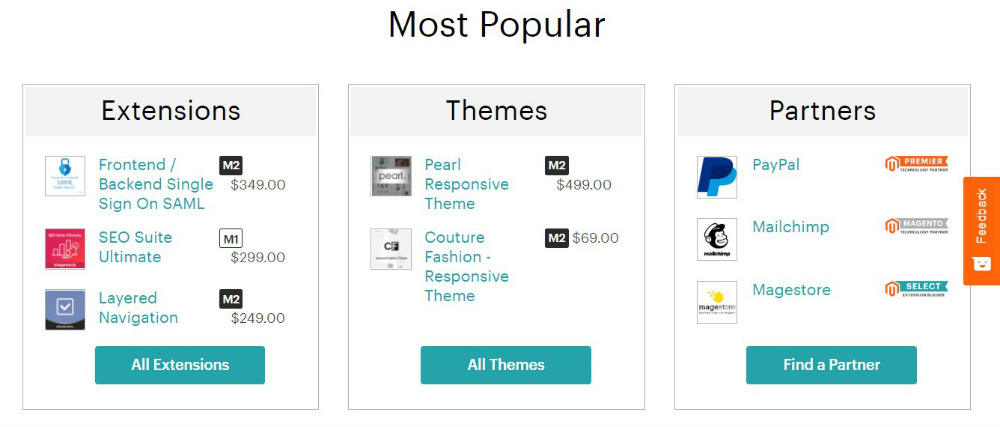
Magento offers unlimited possibilities with its features and tools to help you enhance your store and increase revenues. Take advantage of its numerous themes, plugins, and extensions from customer support to affiliate programs.
8. Volusion

A cloud-based eCommerce platform, Volusion offers a comprehensive product and inventory management capabilities. This eCommerce website allows for easy sales performance analysis and stock management. Website navigation can be confusing at first. But this isn’t a deal-breaker thanks to their 24/7 help and support team.

It integrates with a lot of payment gateways and provides helpful tools such as rich text product descriptions, subscription options, and loyalty programs. It also has opportunities for SEO, social media selling and marketing, and Amazon and eBay integrations.
9. Weebly

Like Wix, Weebly is a website builder first, then an eCommerce platform second. If you’re looking for a simple, yet functional website for your online store, this one’s for you. It has all the marketing automation you’ll need making it ideal for startups and small businesses.
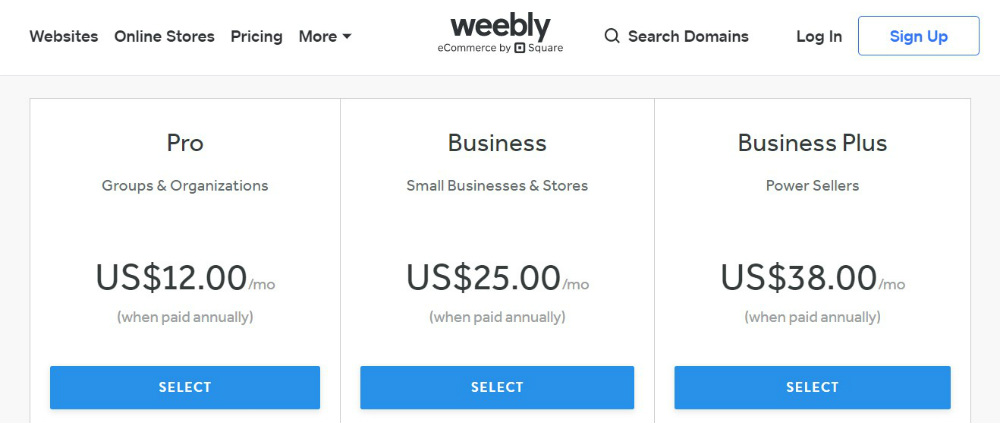
The platform comes with a mobile app that allows you to manage your eCommerce biz and print shipping labels easily. The dashboard is simple to use and offers excellent design and website building tools.
10. OpenCart
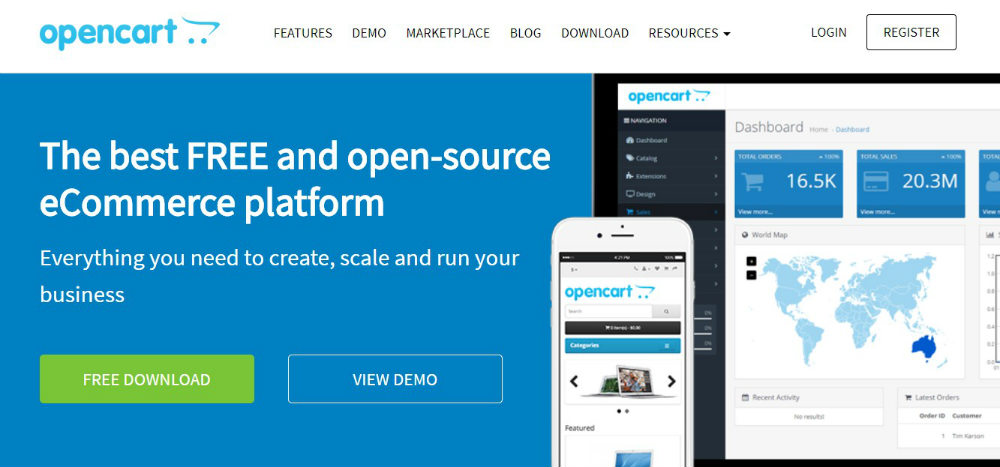
Giving you total control of your eCommerce website, OpenCart allows you to customize everything on the site. From the page categories, customer lists, to your marketing campaigns, OpenCart lets you make your store unique. With a little coding knowledge or the help of a web designer, you can create an eCommerce store that genuinely stands out from the crowd.
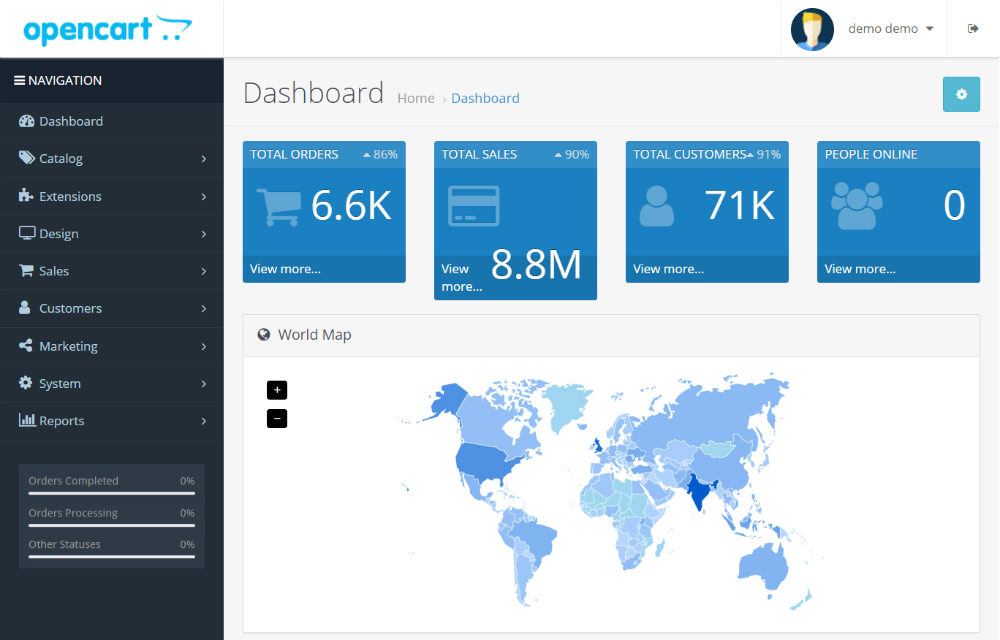
The platform has over a thousand extensions ranging from payment gateways, sleek themes, and sales reports. This eCommerce website lets you sell unlimited products, both physical and digital.
Final Thoughts
These eCommerce websites are some of the best. However, the most suitable for your business is the one that fully meets your needs. Take a closer look at each one and see how they fit into your brand. We’re confident that you will find one of these to be the one to take your business to.








